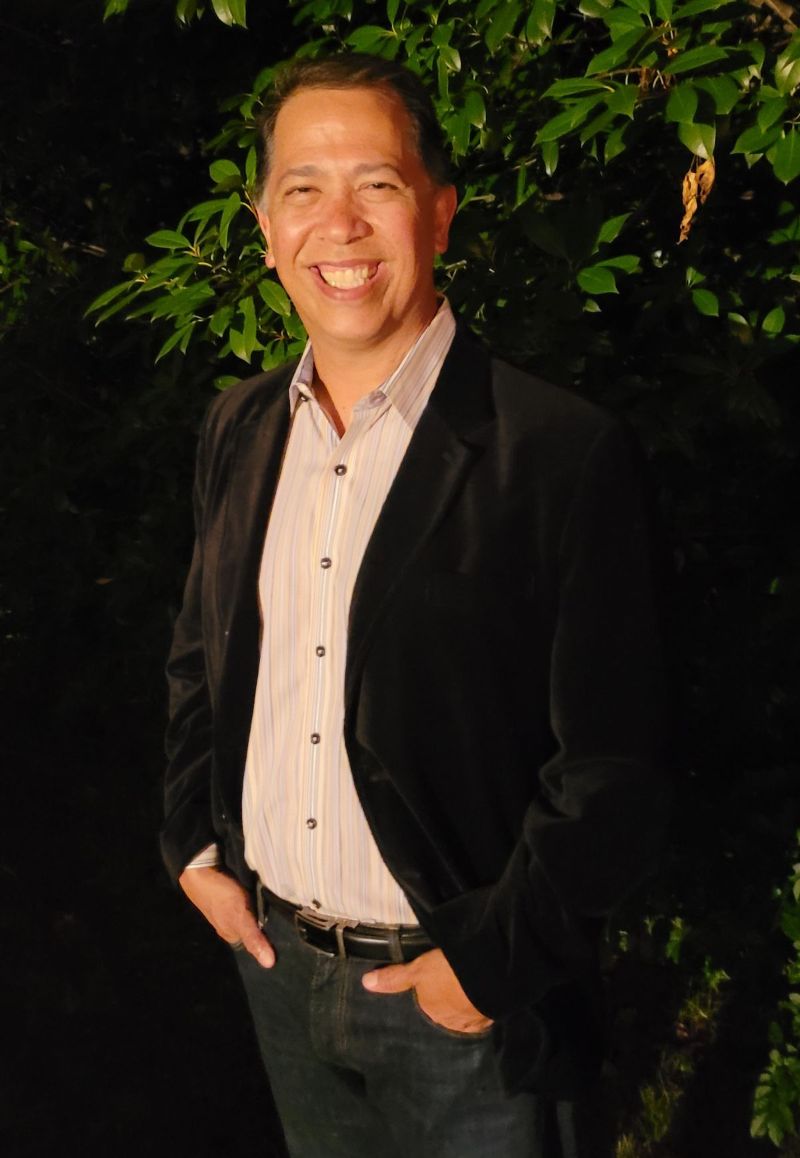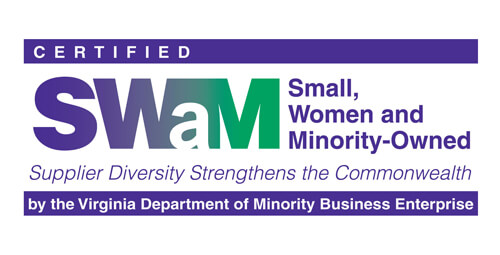Our Altor/50 was recently featured in the news! Check out the latest Inside Business article.
Reprinted from Inside Business article found here.
Ed Hopper is giving half his net profit from new clients to charity.
The owner and president of Altor Processing Systems Inc. in Virginia Beach created the charitable program Altor/50 to take half his revenue from credit card processing fees.
But he says he’s not worried – it’s going to several good causes.
Hopper said he got the idea from his daughter who insists on buying Tom shoes. The company gives a pair of shoes to a child in need for each pair bought.
He wanted to make it his company’s mission and approached Shannon Kane, president and founder of EWR Management Group and a Virginia Beach councilwoman.
The two have been friends for years, so when Hopper approached her with the idea, Kane didn’t hold back her doubt about the program’s sustainability for Altor.
But she said she started catching onto Hopper’s excitement and realized the program’s potential. Her company is providing marketing, outreach and operations.
Hopper will continue to make revenue from his base clientele of more than 1,000 merchants, but any new ones signed up will be under the program.
Merchants that sign up for credit card processing will be able to choose one of five charities: the National Alliance on Mental Illness in Virginia Beach, care package nonprofit Troopster, the Cancer Care Foundation of Tidewater, Mercy Medical Angels and Virginia Beach SPCA.
The processing fee can be anywhere from .8 percent to over 2 percent, Hopper said.
The five charities will receive donations from Altor every quarter and five different charities will be chosen every year. However, each charity will continue to benefit from whatever merchants were signed up under them.
The charities will always be local and must have a mission for kids, pets, cancer, mental health or military.
As far as how much the charities should expect to receive, Kane said that’s a number that’s difficult to pin down since results for each charity could be vastly different.
“For some months, you may get $1,000. For some months, you may get $10,000. For some months, they may not process (money),” she said. “I don’t know. So it’s really kind of hard to tell from time to time.”
But Hopper said he estimates a six-figure donation will be distributed among the charities this year.
“We signed up more accounts in December than I ever have in any other previous year,” he said, adding he’s been in business since 1999.
“We’re not making obviously nearly as much as we were before off of each merchant, but we’re having more people sign up and set up because they believe in the mission, which is awesome because the more merchants that we set up, the more charities that we can help,” Hopper said.
Nonprofits can also sign up as merchants and receive 50 percent of the net profits from their own credit card transactions.
Habitat for Humanity has already signed up for the program, Hopper said.
But not every nonprofit will make that list.
“We also want to vet the charities because we want to make sure they’re really good charities that do good for the community that they’re in,” he said. “You don’t want to just give it to a charity where almost all the money’s going back to salaries or whatever.”
For Hopper, it’s more than just a charitable endeavor, Kane said.
“His goal, as he said to me time and time again, is we need to change the face of credit card processing … I said, ‘We don’t want people to copy us,’” she said. “And he’s like, ‘Yeah, we do. We want people to give back.’ ”

